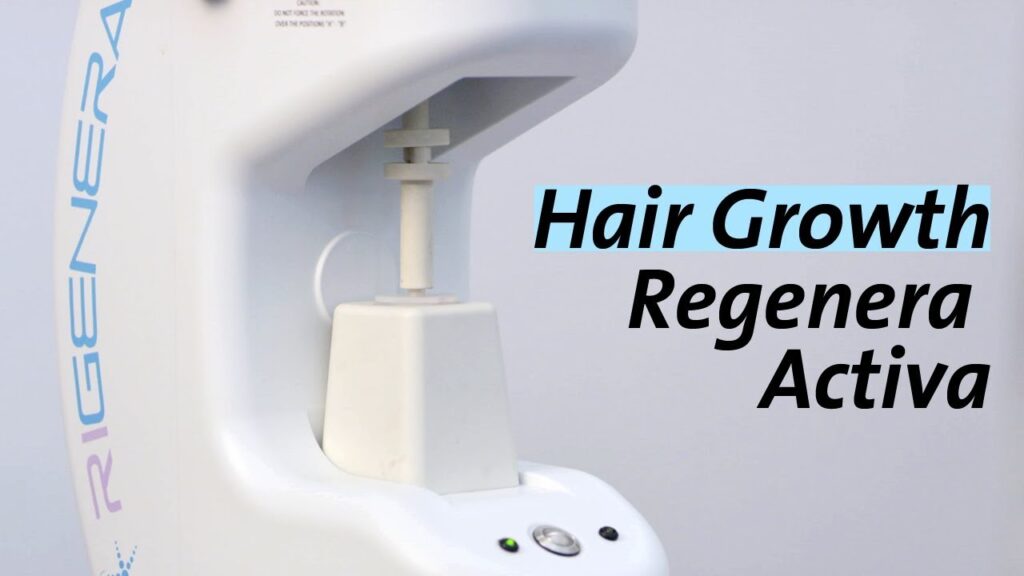Male hair loss, also known as male pattern baldness, is a common issue affecting millions of men around the world. It is caused by a combination of genetic and hormonal factors.
The primary cause of male hair loss is a hormone called dihydrotestosterone (DHT). DHT is produced when the enzyme 5-alpha reductase converts the hormone testosterone into DHT. DHT is a potent androgen, which means it has a strong effect on the male body.
DHT is responsible for many of the changes that occur during male puberty, including facial hair growth and the deepening of the voice. However, it also has a negative effect on the hair follicles on the scalp.
DHT causes the hair follicles to shrink, leading to thinning hair and eventual hair loss. This process is known as miniaturisation. Over time, the hair follicles become so small that they are no longer able to produce healthy hair.
Genetics also play a role in male hair loss. If a man has a family history of male pattern baldness, he is more likely to develop the condition.
Other factors that may contribute to male hair loss include:

Thankfully, there are several effective treatment options available that can help to slow or stop hair loss and even regrow hair.
One popular treatment option is oral medications. The most commonly prescribed medication for male hair loss is finasteride, which is taken orally once a day.
Finasteride is a type of medication known as a 5-alpha reductase inhibitor, which works by blocking the production of a hormone called dihydrotestosterone (DHT). DHT is a derivative of testosterone, and it is believed to play a role in causing hair loss in men. By blocking the production of DHT, finasteride can help to slow down or even stop hair loss. It is highly effective in stopping hair loss and promoting hair regrowth in the majority of men who use it. Finasteride can also be administered topically as a hair spray.
Another effective treatment option is minoxidil, which exists in oral and topical forms. Topically, it is applied directly to the scalp twice a day. Unlike finasteride, which works by blocking the production of DHT, minoxidil is a vasodilator, which means that it helps to widen the blood vessels in the scalp. This increased blood flow can help to nourish the hair follicles, promoting hair growth. Both oral and topical forms can be used together and it is suitable for men of all ages.
For best results, Dr Edwin recommends combining both Minoxidil and Finasteride either as an oral medication or topical hair spray. If you're considering using oral medications to treat your hair loss, it's important to speak with a healthcare provider to determine the best course of action. Your doctor can help you weigh the potential benefits and risks of these medications, and can help you decide if they are right for you.
It's important to note that oral medications for male pattern baldness are not a cure-all, and they may not work for everyone. In general, these medications are most effective in men who are just starting to experience hair loss, and they may not be as effective in men who are more advanced in their hair loss. Additionally, oral medications can take several months to start working, so patience is key.
Learn more about Hair Loss Oral Medications here
Learn more about Hair Loss Supplements here

In addition to medication, there are also other options such as Regenera Activa or surgical treatments such as hair transplant for male hair loss.
Regenera Activa is a FDA and HSA approved hair loss treatment that slows down hair loss and stimulates new hair growth naturally. It uses regenerative growth factors extracted from the patient’s own healthy hair cells to stimulate new hair growth in areas of your scalp that is losing hair using micro injections.
Learn more about Regnera Activa here

Hair transplantation, in which hair follicles are extracted from one area of the scalp and transplanted to areas of thinning or balding, is a popular option. This procedure is performed under local anaesthesia and has a high success rate.
Laser therapy is another option for treating male hair loss. This non-invasive treatment uses low-level laser light to stimulate hair growth and improve hair density. Laser therapy is painless and has no known side effects, making it a safe and effective treatment option for many men.
If you are experiencing male hair loss, it is important to consult with a hair loss specialist who can recommend the best treatment option for your individual situation. With the right treatment, you can slow or stop hair loss and restore your confidence and self-esteem.

Every clinic offers different Hair Loss treatment options. No one clinic is same as the other. If you want to make sure that the Hair Loss treatments are safe and effective, make sure that the clinic is experienced in treating hair loss. The clinic should also offer information on the various types of hair loss treatments before proceeding.